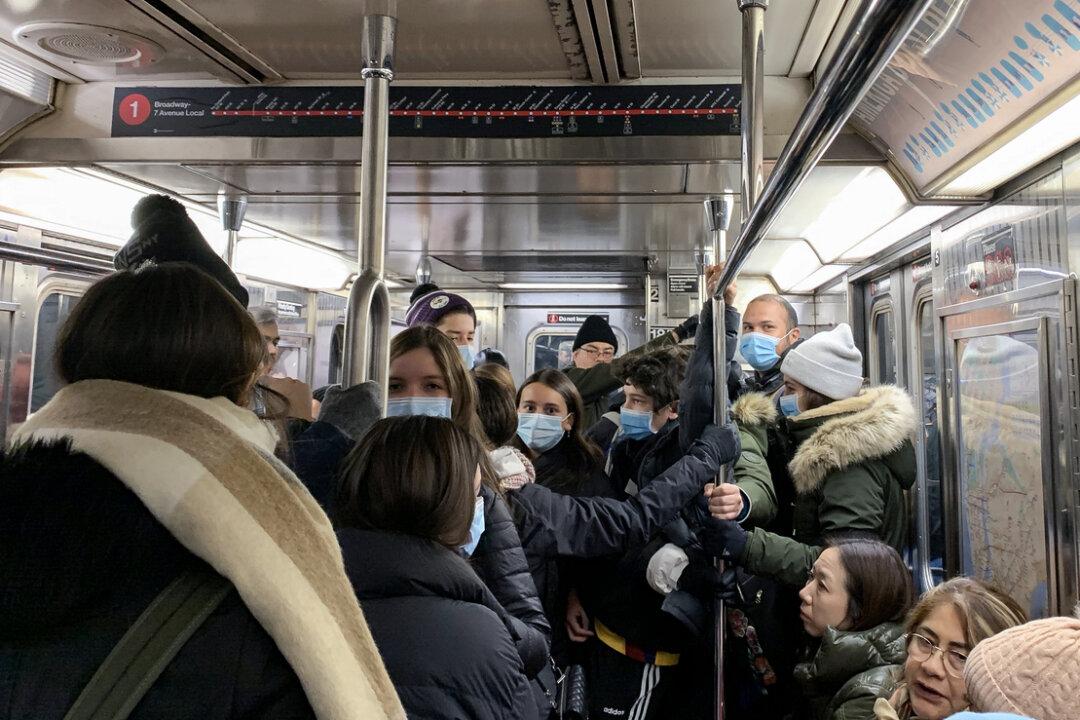The outbreak of the Wuhan coronavirus, which was recently labeled a pandemic by the World Health Organization (WHO), has highlighted the longstanding issue of America’s dependence on China for medical supplies.
President Donald Trump is expected to announce a new executive order aimed at ensuring medical supplies and pharmaceuticals are made in America, in response to the spread of the virus.





